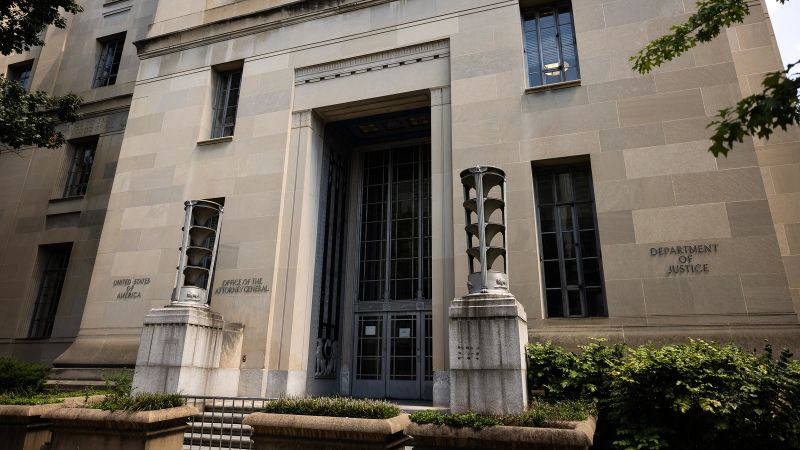
Addressing Legal Concerns Surrounding AI Therapy in Mental Health Care
Politics | 8/27/2025
State legislators across the country are taking action to address concerns surrounding the legality of AI therapy amid reports of chatbots delivering inappropriate and potentially harmful responses. Lawmakers are responding to a growing number of incidents where AI-powered therapy services have raised ethical and safety questions. The rise of AI in mental health care has spurred debates on the adequacy of regulations to govern these technologies.
One state official highlighted the urgency of the issue, stating, “The use of AI in therapy raises complex legal and ethical dilemmas that cannot be overlooked.” The effectiveness and safety of AI therapists have been brought into question as incidents of providing unsuitable advice or responses come to light. Calls for stricter oversight and regulation of AI in the mental health sector are gaining traction as concerns over patient well-being mount.
The debate over the legality of AI therapists underscores the need for clearer guidelines on the use of such technology in providing mental health services. While AI has shown potential in expanding access to therapy, ensuring its compliance with legal and ethical standards remains a critical challenge. Stakeholders are calling for a comprehensive framework that balances innovation with safeguarding patient welfare and upholding professional standards in the field of mental health care.
As state lawmakers grapple with the complex issues surrounding AI therapy, the broader implications for the future of mental health services are being closely scrutinized. The evolving landscape of technology in healthcare necessitates a thorough examination of the risks and benefits associated with AI applications in therapy. The ongoing discussions aim to strike a balance between leveraging AI’s capabilities in improving mental health care while addressing the legal and ethical considerations that accompany its use.
In light of the mounting concerns regarding the legality of AI therapists, the need for a comprehensive regulatory framework to govern these technologies is becoming increasingly apparent. The intersection of AI and mental health care presents a unique set of challenges that require a nuanced approach to ensure patient safety and uphold professional standards. As legislators navigate this complex terrain, the future of AI therapy hangs in the balance, with significant implications for the delivery of mental health services.


